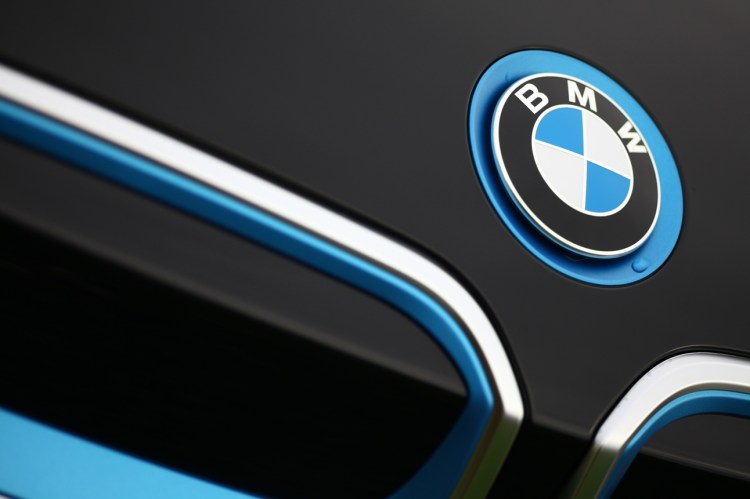Automotive giants BMW and Daimler have announced plans to merge their respective urban mobility units, which cover on-demand services such as car-sharing, ride-hailing, parking, charging, and multimodal transport.
The German car firms are better known for automobile brands that collectively include Mercedes-Benz, Rolls-Royce, Mini, and of course BMW. However, the duo have also been investing in their own urban mobility services in recent years.
Daimler, for example, acquired Uber-style app MyTaxi in 2014 through its Moovel subsidiary, and today it claims millions of users across dozens of European cities. MyTaxi merged with U.K. etaxi company Hailo and later acquired Greek rival Taxibeat. Daimler also acquired carpooling service Flinc and invested in various other mobility startups, including electric car battery company StoreDot and ride-hailing service Careem. Mercedes-Benz last year created a joint venture with U.S.-based Via to launch a new ride-sharing shuttle service in Europe.
Elsewhere, BMW has launched its own ReachNow car-sharing service in a number of U.S. cities while offering its similar DriveNow service in Europe.
June 5th: The AI Audit in NYC
Join us next week in NYC to engage with top executive leaders, delving into strategies for auditing AI models to ensure fairness, optimal performance, and ethical compliance across diverse organizations. Secure your attendance for this exclusive invite-only event.
Catch up
The global urban mobility space is heating up, with players such as Uber and Google working on self-driving vehicles and various on-demand services. That is why BMW and Daimler are now looking to pool their resources with this new joint venture — they need to compete more effectively to avoid being left chasing an Uber-shaped dust-cloud.
The merger, which will bring all of the two company’s mobility service businesses under one roof, is still subject to approval by antitrust regulators. If approved, it will create a potentially powerful force in the transport realm as competition continues to intensify around the world. Just this week, Uber ceded control of its Southeast Asia business to Grab, allowing Uber to focus on its core markets elsewhere. And this is what we’re starting to see — little pockets of control cropping up around the world, rather than a single player running the show.
“Combining our mobility services as planned will create a unique digital ecosystem,” noted BMW board chair Harald Krüger, in a statement. “This alliance will make it easier for our customers to discover the emission-free mobility of the future. We remain competitors when it comes to the best premium vehicles. The planned merger of our mobility services will pool our resources and sends a strong signal to our new competitors.”
If the deal is given a green light, each company will own a 50 percent stake in the new business.
“We want to combine our expertise and experience to develop a unique, sustainable ecosystem for urban mobility,” added Daimler board chair Dieter Zetsche.

